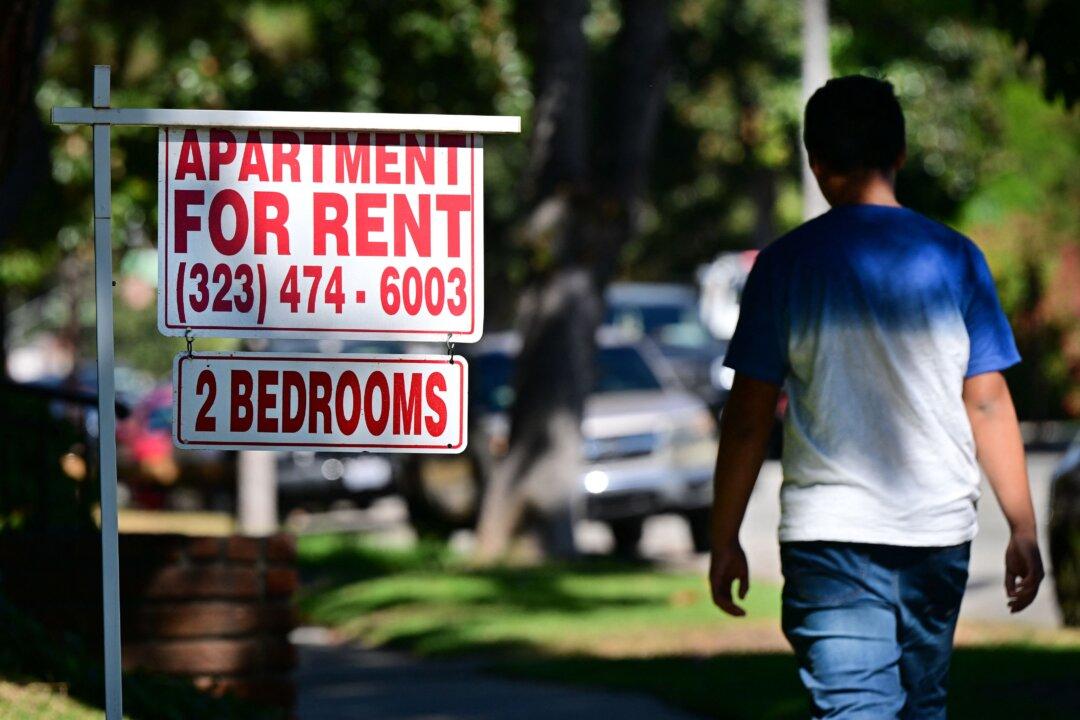A new California law will limit the deposit amount that landlords can charge new tenants, prohibiting them from charging more than one month’s rent.
Supporters say the change will be a relief for some in the state where the cost of rental housing is among the nation’s highest.





